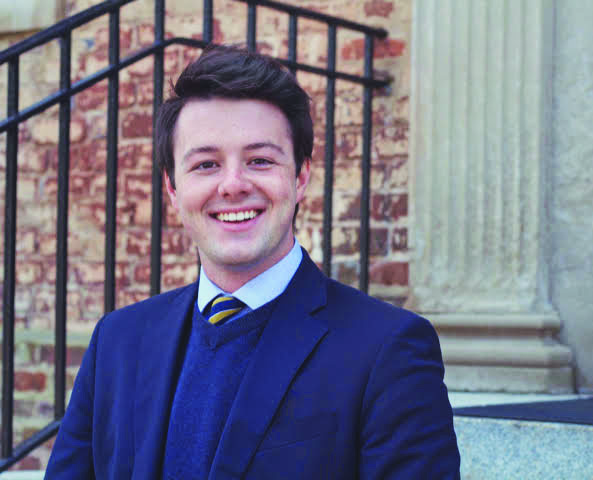Kirk Kovach: Lindberg case gives credence to political suspicions
Published 12:00 am Thursday, April 11, 2019

- Kirk Kovach
By Kirk Kovach
News in recent weeks has laid bare what many people probably suspected was the way politics actually works — big checks, back-scratching and bad decisions.
At the center of this story is Greg Lindberg, a Durham billionaire who was relatively unknown until recently in the N.C. political scene. In 2016, he began throwing around his weight, contributing eye-popping sums to politicians of multiple partisan persuasions, though the lion’s share of money went to Republicans.
On its face, what Lindberg did prior to recent allegations was on the up and up. In North Carolina, you can give right around $5,000, give or take, to a candidate as an individual. That’s more money than most of us would dream of giving away, let alone to a politician. For people like Lindberg, that is a prohibitively small sum.
Enter Robin Hayes. Hayes is or was the North Carolina Republican Party chairman. He shares the honor of appearing alongside Lindberg on an indictment for, among other things, bribery of a public official.
To understand why Hayes is involved with the scandal, readers need to grasp how easy it is to basically launder money in politics. I say “launder money” as if it were a crime, but it depends on how you do it.
Remember: Lindberg was legally limited to donating $5,400 or so to an individual candidate, which hardly curries enough favor to be worth the trouble. But, because of Citizens United, and the concept that spending money in politics is free speech, Lindberg and others like him can circumvent the $5,400 cap.
Lindberg can donate an unlimited amount of money to political parties such as Hayes’ N.C. Republican Party and political action committees. He couldn’t give more than $5,400 to an official whom he intended to bribe, but he could give $1 million to Hayes’ GOP, who could act as a middle-man. That’s the scheme that Hayes and Lindberg allegedly hatched, according to court documents.
A sizable portion of Lindberg’s wealth is derived from insurance companies that he owns. This provides a motive for his alleged bribery, as he allegedly tried to convince incumbent Insurance Commissioner Mike Causey to move around staff so as to avoid further scrutiny of Lindberg businesses, according to court documents.
Causey, a Republican, contacted the FBI and the rest, as they say, is history.
Campaign finance law allows you to pour unlimited amounts of money into a state party, but it is illegal to earmark that money for certain candidates. The only reason we know about this scandal is because of Causey, a public official that actually acted in the best interests of his constituents.
Given the sheer volume of money that Lindberg was moving around in politics, it seems unlikely that the final story has been written about his efforts to game the system. Changing the way we spend money in politics is admirable, but quixotic in the short term. The only bulwark against corrupt politics is to elect incorruptible politicians.
As voters, we have that option. What we have less control over is the machinery behind the scenes. Most people don’t know Hayes or Democratic Party Chairman Wayne Goodwin, but what you don’t know can still hurt you and our state politics.
After months of public dereliction, and years of crony, behind-the-scenes operations, the leadership of the state Republican Party should move on and let fresh faces right their wrongs.
Kirk Kovach is from Rowan County and contributes to politicsnc.com.

